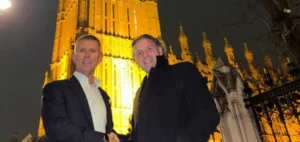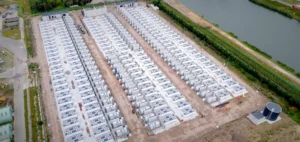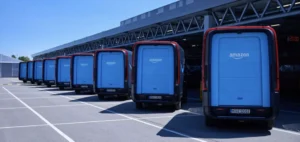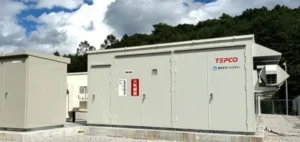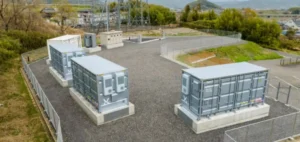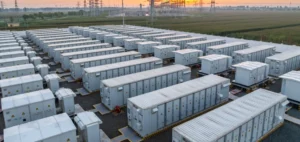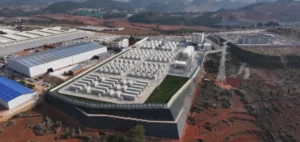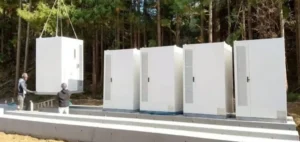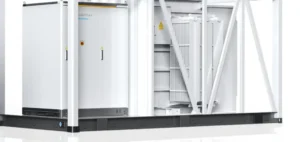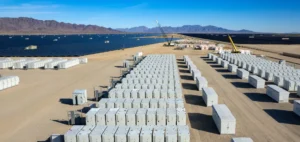The Costa Rican company Fortech has specialized in recycling technological products for 27 years. For the past six years, it has been working to give new life to lithium batteries. Fortech’s Cartago plant is an “urban mine,” according to its technical director, Daniel Rivas. Indeed, the company does not obtain lithium from salt mines, but from used batteries.
A growing market
Collection centers for used batteries have been set up by Fortech in businesses, electronic stores and car dealerships in Costa Rica. The cells and batteries are then delivered to the Fortech factory. The amount of end-of-life batteries will exceed the recycling capacity in Europe by 2028, according to the German University of Aachen. For Europe alone, 1.4 million tons of batteries will have to be recycled in 2038, according to the German University. In Costa Rica, 1,500 tons of batteries currently reach the end of their life each year, says Francisco Pereira, son of Guillermo Pereira, Fortech’s general manager.
An example for Latin America
The recycling of used lithium batteries makes Costa Rica a pioneer in Latin America, according to the German development cooperation agency GIZ, which supports the company Fortech. The batteries are crushed to extract the metals that compose them. The waste then goes to the laboratory where the metals are extracted and transformed into a grey powder called “blackmass” and composed of cobalt, nickel, manganese and lithium. This powder is sold to factories in Europe that will complete the process and manufacture new batteries.
An environmentally friendly business model
A ton of blackmass costs about $8,000 on the international market, and its components account for 57% of a battery’s production. The remaining 43% is copper, aluminum, plastic or iron, all of which can also be derived from the recycling of materials. Recycling lithium batteries prevents environmental damage caused by the disposal of used batteries in nature or by mining. Each ton of lithium recycled emits only a quarter of the CO2 that would be emitted by mining the same amount.












